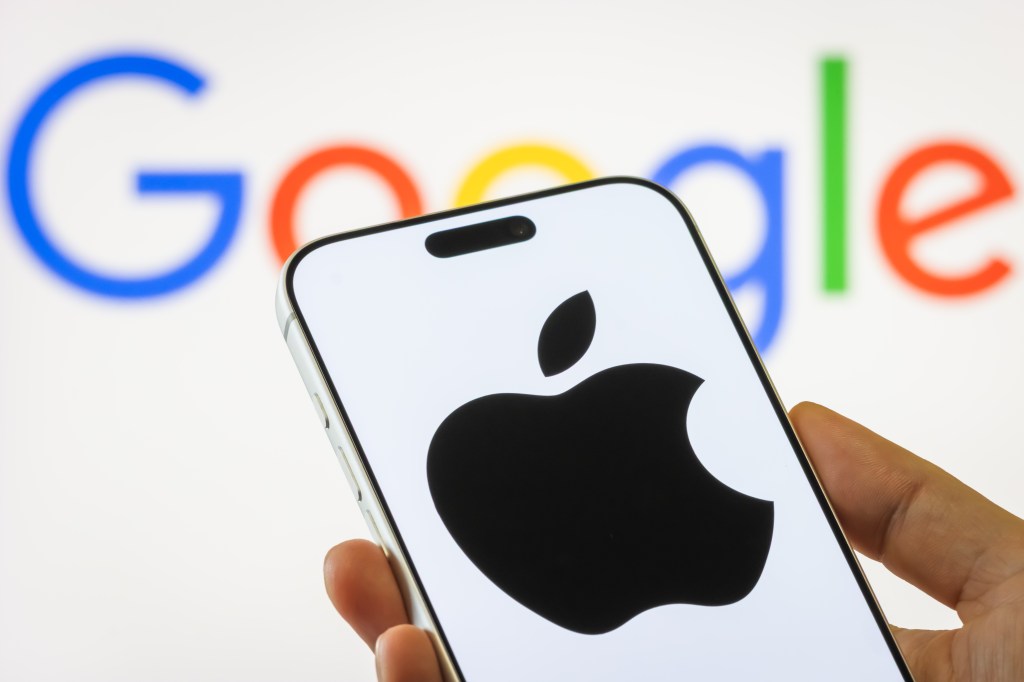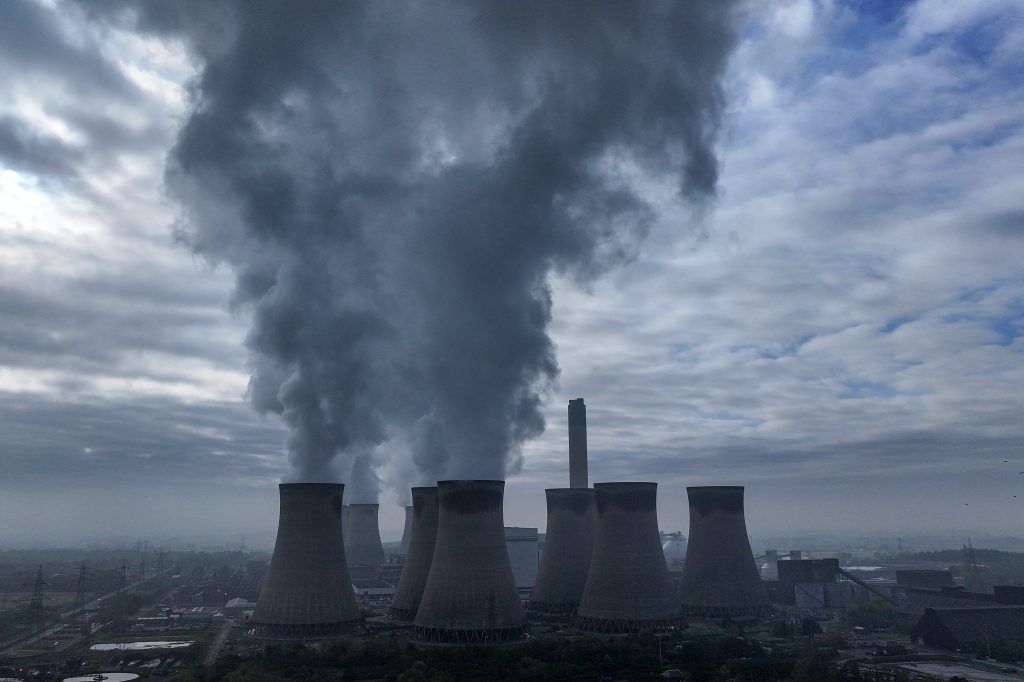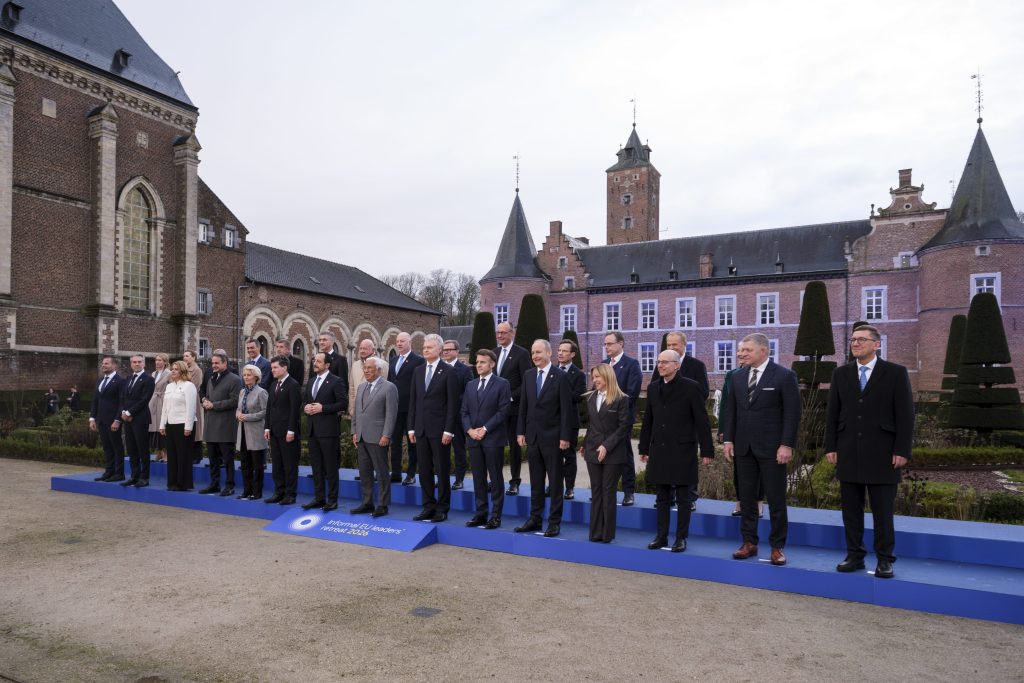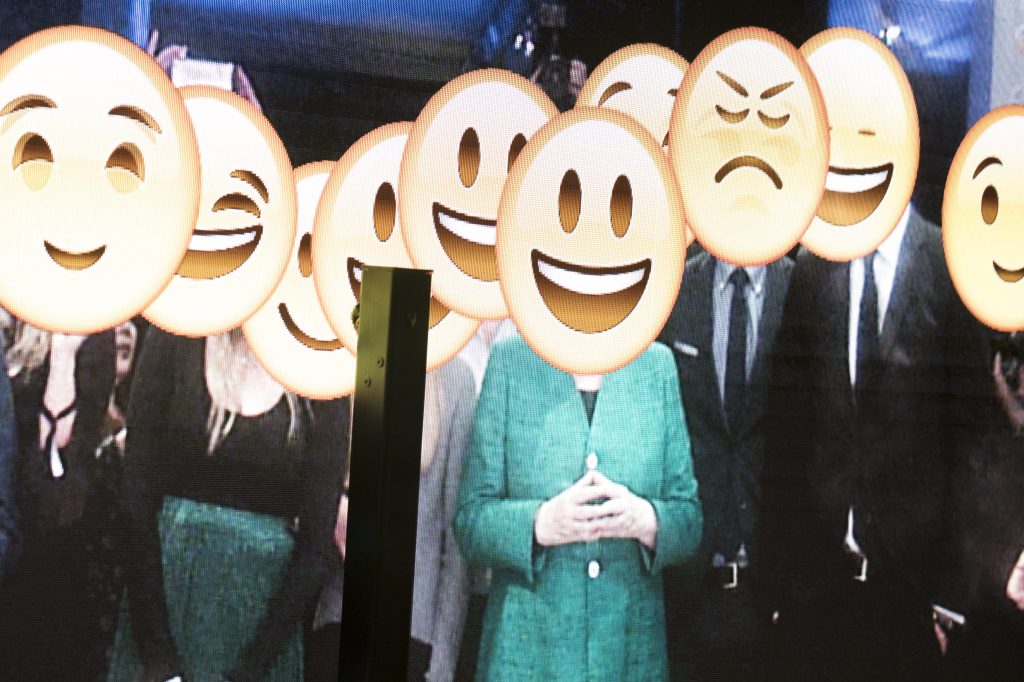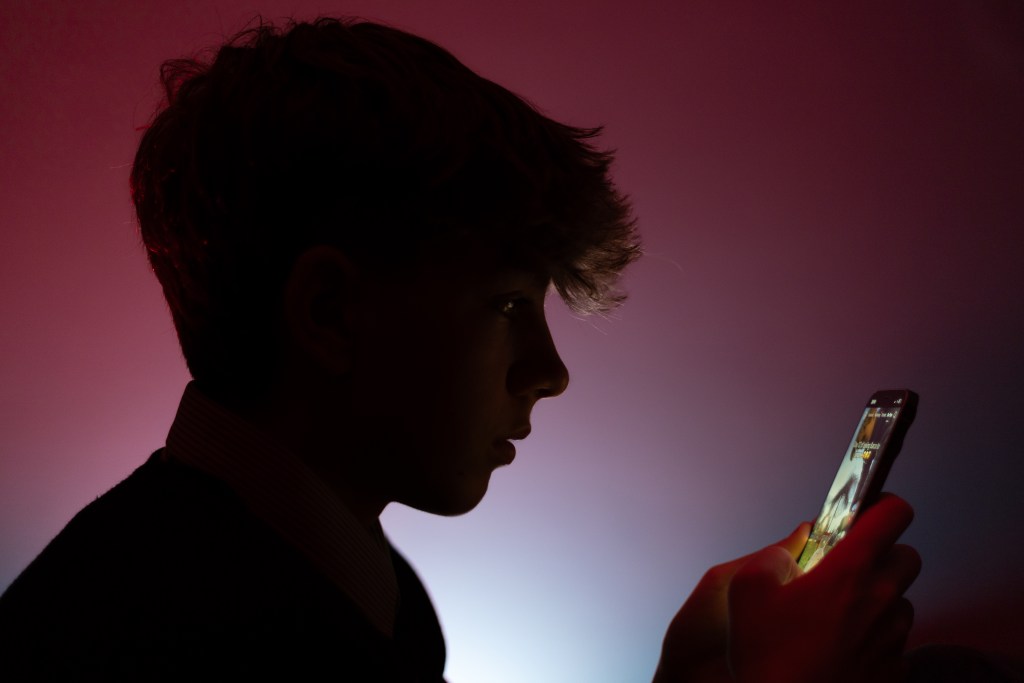Many new ideas turn out to be old ideas in new packaging, and this proved to be the case with what has entered folklore as the Chase free money glitch. A TikTok video that went viral, claiming to provide a way of getting “free money” from Chase bank, turned out
Register for free to keep reading
To continue reading this article and unlock full access to GRIP, register now. You’ll enjoy free access to all content until our subscription service launches in early 2026.
- Unlimited access to industry insights
- Stay on top of key rules and regulatory changes with our Rules Navigator
- Ad-free experience with no distractions
- Regular podcasts from trusted external experts
- Fresh compliance and regulatory content every day

